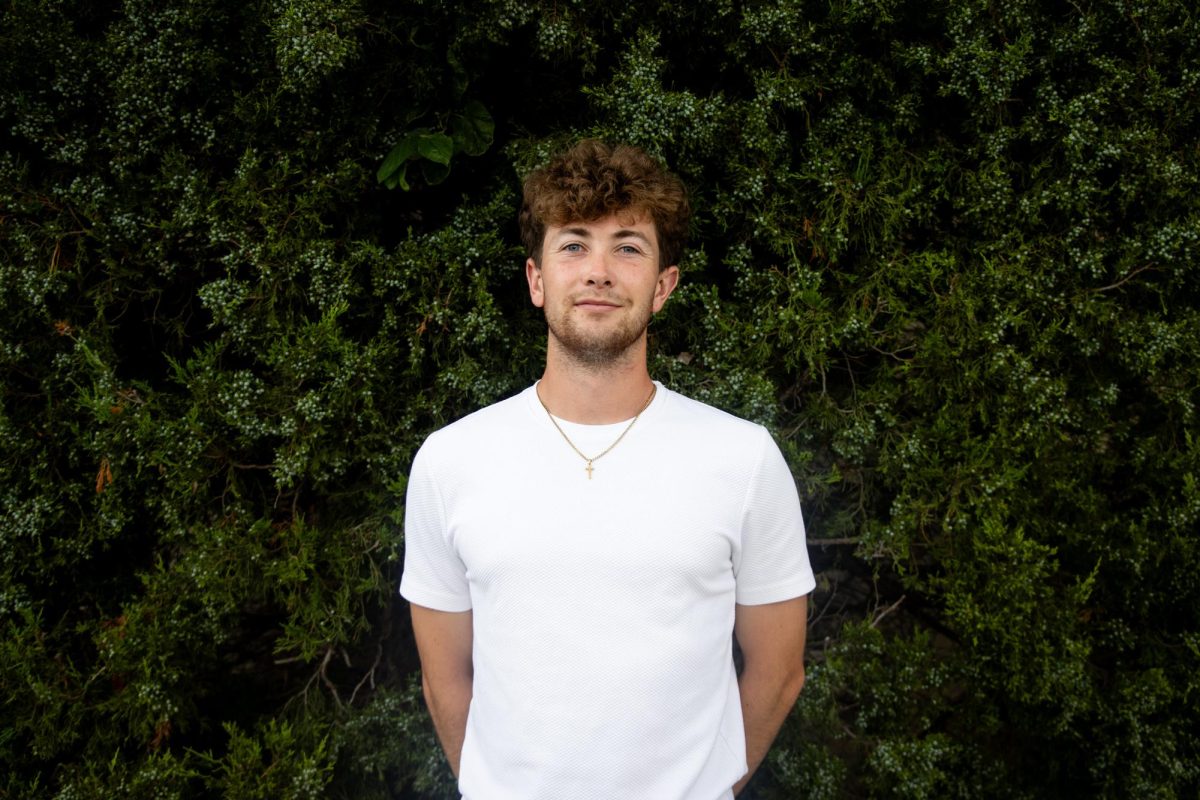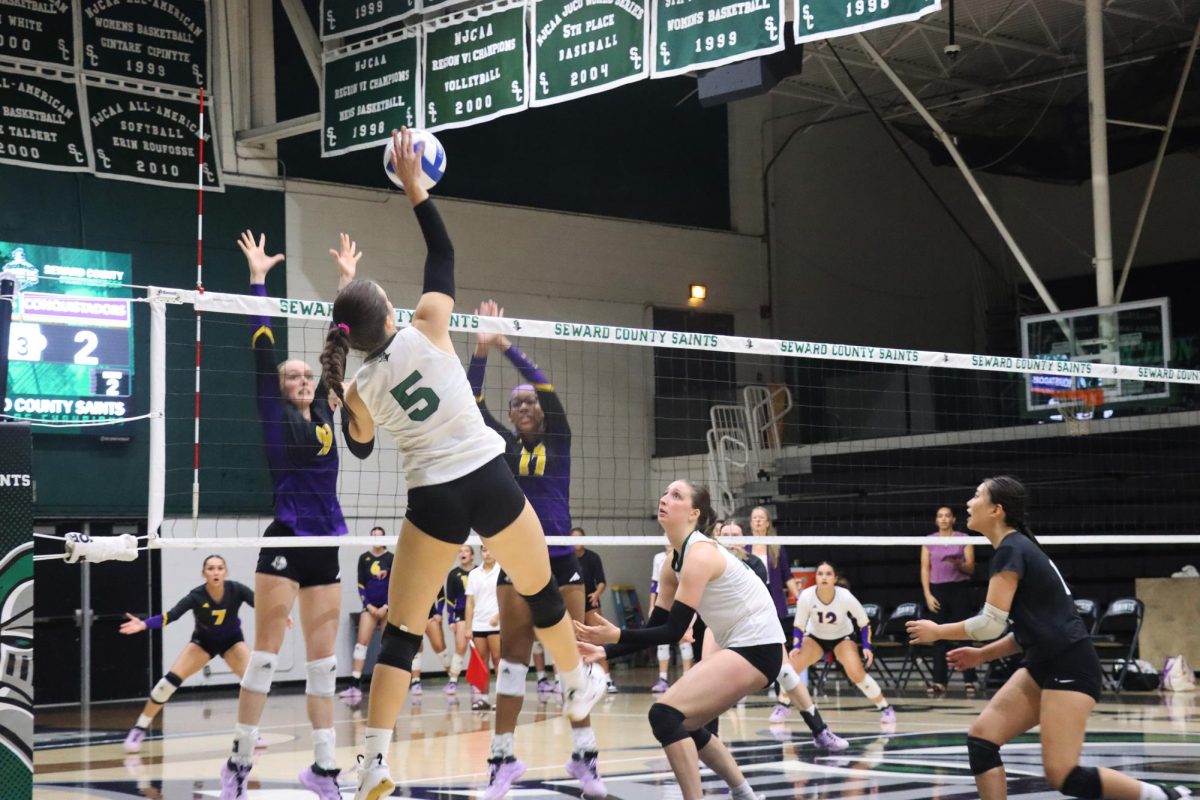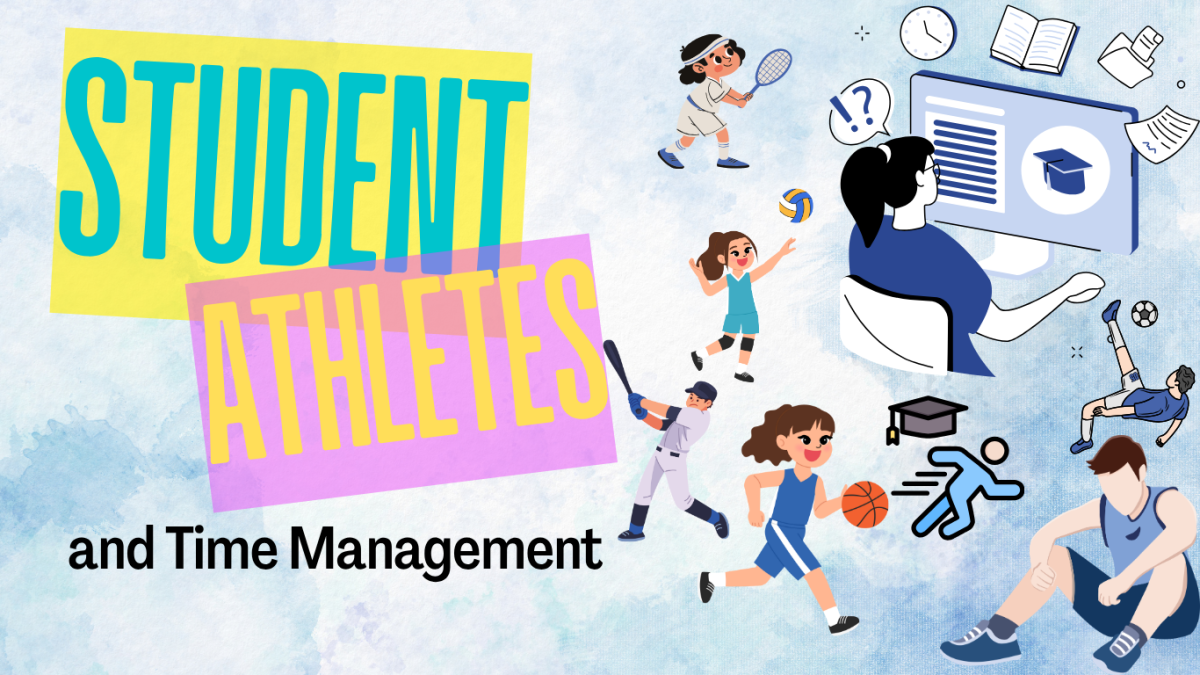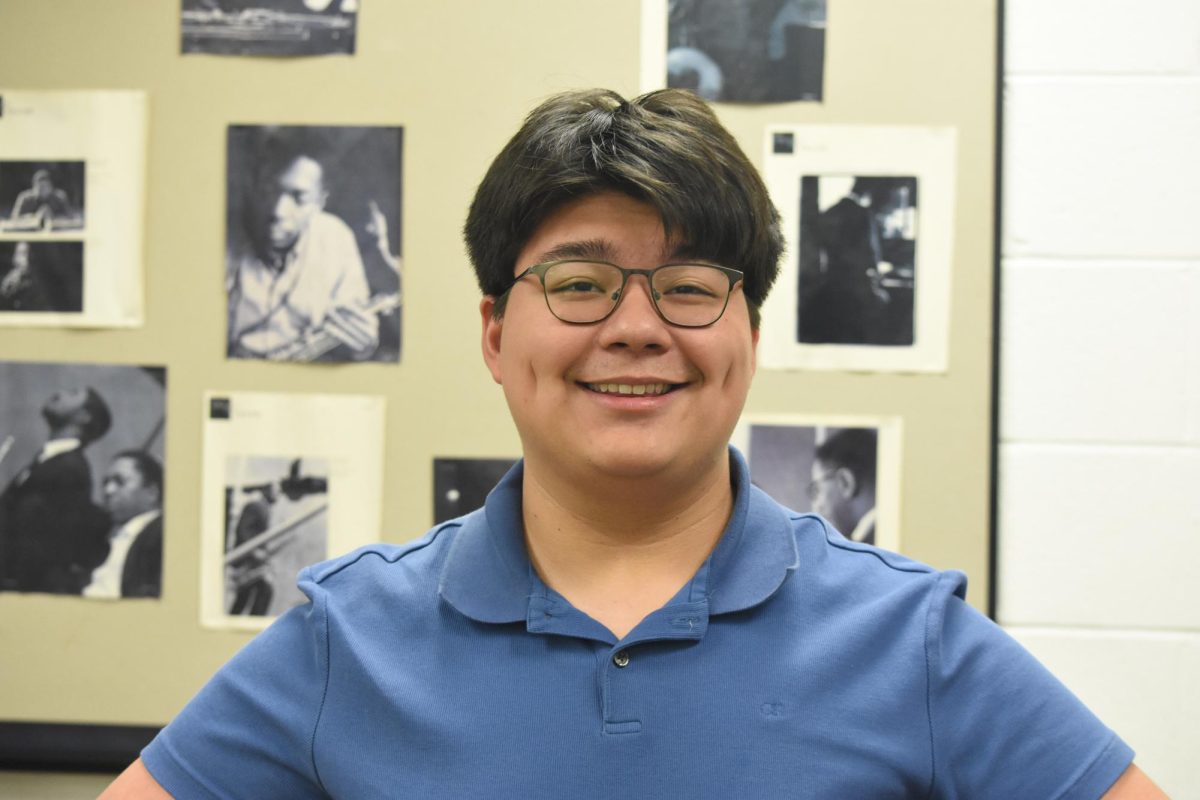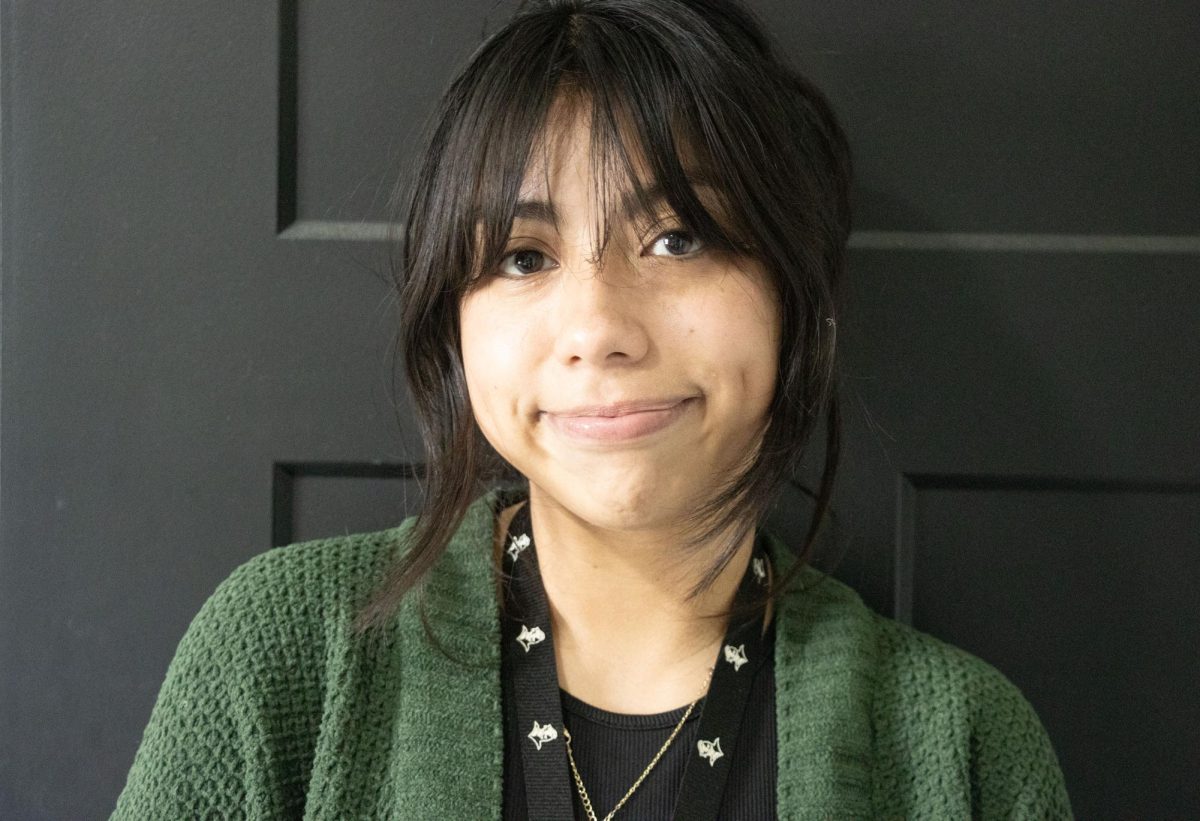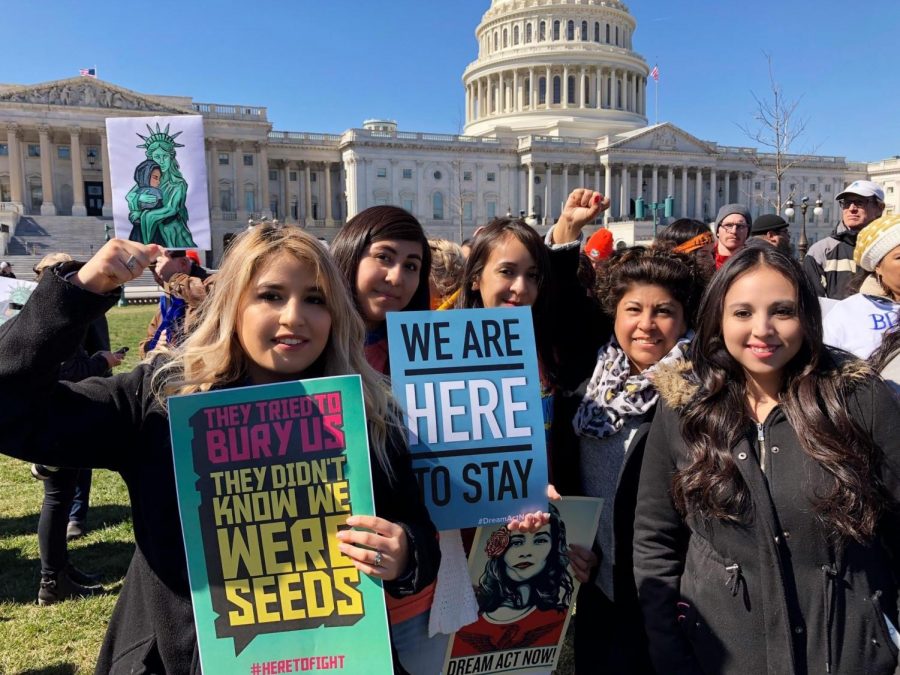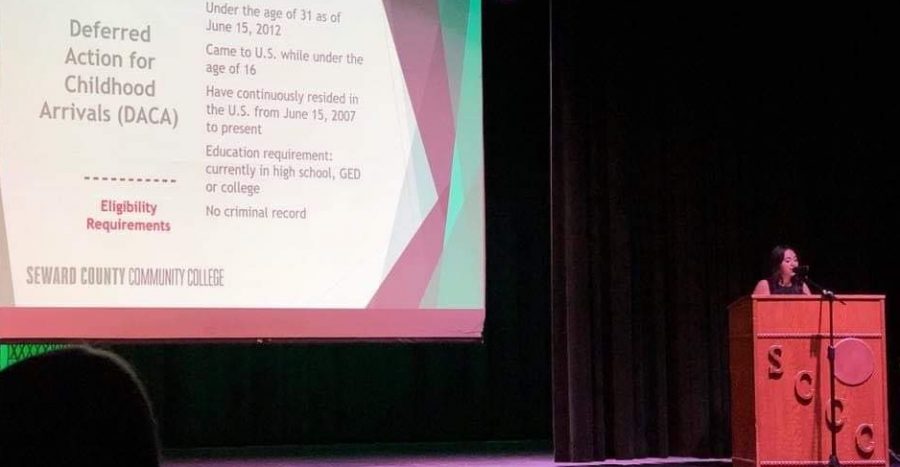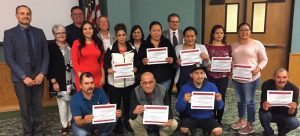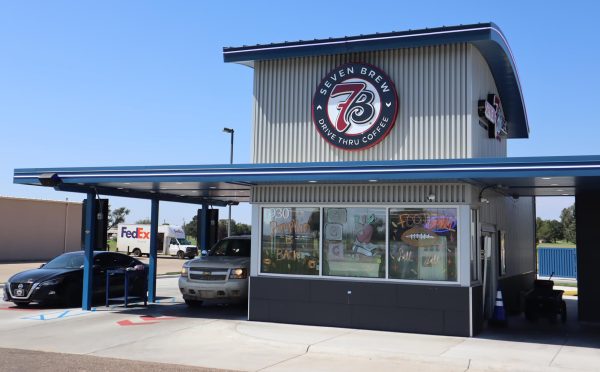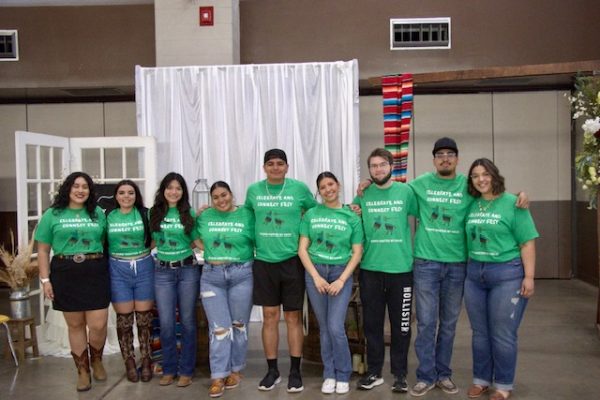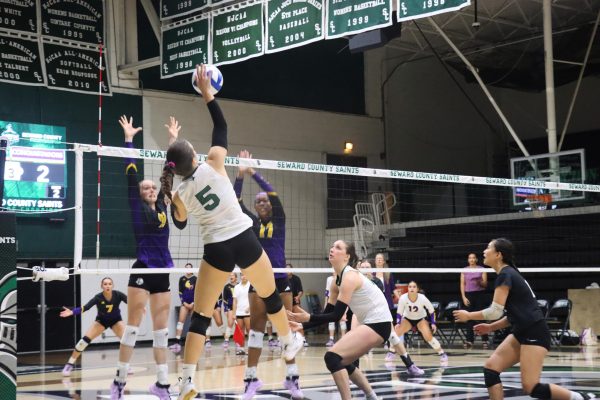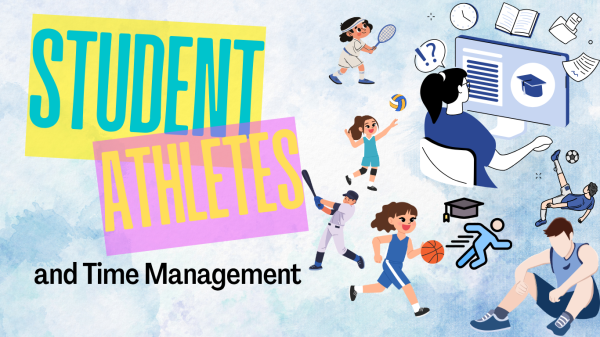American Dream, Promise Act sparks hope for DACA recipients
Janeth Vazquez is a local advocate and teaches the citizenship classes at Seward County Community College. Vazquez has been part of numerous protests and orginaztions that help support DACA awareness and pathways to citizenship. Dreamers like Sarahi Aguilera had come to Washington D.C to help advocate not only for DACA but for the rights of undocumented immigrants. Aguilera is a recent graduate of Seward County Community College and is a advocate for the community. She celebrates and hopes that the American Dream and Promise Act will help all 11 million undocumented immigrants.
T
he House of Representatives voted on March 18 to create a path to citizenship for an estimated 11 million undocumented immigrants.
The American Dream and Promise Act forms part of President Joe Biden’s immigration proposals. The act would grant legal status, and ultimately U.S. citizenship, to Dreamers — young people who entered the United States unlawfully as children — along with Temporary Protected Status (TPS) holders who are unable to return to their home countries due to conflict or natural disaster. The proposal sparks hope for Janeth Vazquez, citizenship instructor at Seward County Community College and alum of the college.
“I have fought for my family, my students, my neighbors, my friends for the last 10 years,” Vazquez posted on Facebook soon after the March 18 vote. “All the tears, protests, speeches, sleepless nights are worth it, but we must continue to advocate.”
The proposed bills now face steep odds in the Senate before it is signed into law. If it passes, it would allow DACA recipients and other undocumented immigrants that qualify and fit the requirements, eligible to apply for a 10-year period of conditional permanent residence.
As an immigrant herself, Vazquez hopes local DACA recipients obtain a “sense of security they’ve never had.”
“In our community, we are so small…we are such a big family that if one thing affects someone else it affects us all,” Vazquez says, noting that it doesn’t matter if you are a citizen or not.
Vazquez is also excited about this proposition from an economic viewpoint. She claims that many of the immigrants in the area are needed in the workforce. From working at the hospital, she knows many of the nurses are part of the DACA program and without it, “southwest Kansas would really struggle.”
For one southwest Kansas resident, Biden’s proposal is a ray of light. Her life would be “completely different if DACA didn’t come when it did.” The program completely changed her life and the life of her family, but not enough that she’s comfortable using her name in a public article. She asked to simply be called “Nancy” for fear of repercussions.
Before DACA, Nancy was a young high school graduate indecisive about what was next. She says she contemplated not going to college since she was unable to apply for financial aid like FAFSA. Her parents convinced her to give college a try and for her luck that next year, DACA was introduced. After that, Nancy was able to get a work permit to pay for her tuition. She later graduated from college and is now working in the Liberal community.
Nancy states that Biden’s proposition will remove the fear of not being able to plan ahead. Would-be applicants for this proposal would be eligible to apply for permanent residence if they earned a college degree or enrolled in a bachelor’s program for two years; if they served in the military for at least two years; or if they worked in the U.S. for a three-year period.
“I remember the first time they were debating if DACA was staying,” Nancy says. “It was a stressful situation because I was even debating if I should even buy a car or if I should buy a house. I didn’t even know if I was going to even be able to stay in the U.S.”
Nancy speaks for DACA recipients when she explains that, “We are not asking for anything to be given to us. We just ask for something permanent.”
She wants to be able to live in this country peacefully without worrying about if DACA ends or not.
Sarahi Aguilera, community advocate, and recent SCCC graduate agrees with Nancy and states a pathway to citizenship has been something communities across the country have been fighting to push forward for almost two decades.
“Just knowing we are close to accomplishing such a big milestone, brings a sigh of relief and hope,” she says.
Aguilera herself is a DACA recipient who feels these past four years have been draining. She has hope with Biden’s proposals and feels encouraged knowing the administration is willing to listen and work towards the community.
“I know this bill would not impact all 11 million undocumented immigrants in this country, but it’s small victories like such that fuels the community to continue advocating and organizing,” Aguilera says.
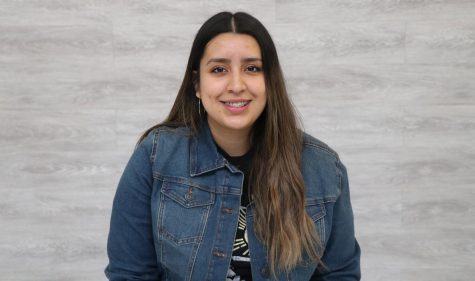
Maria Coronado is an 18-year-old freshman and a Liberal native. She is currently an undecided major, but has many interests...



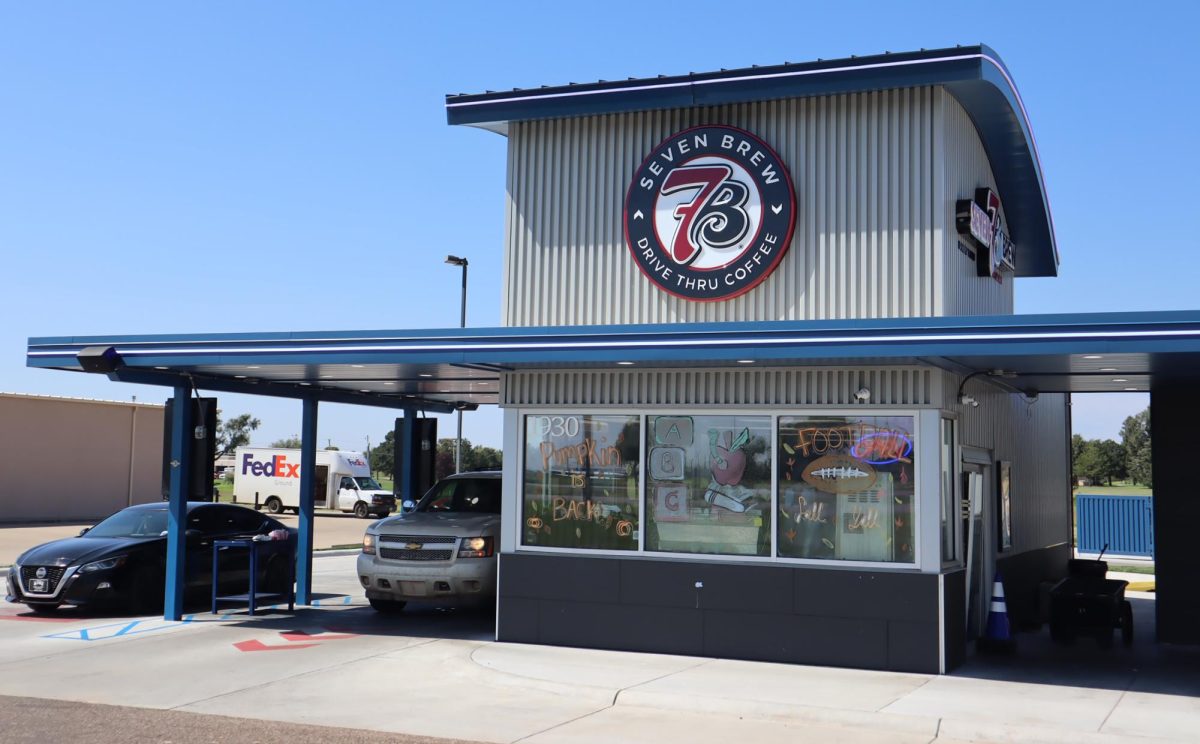










![The sophomores were recognized on the field instead of walking across the stage during their doubleheader. They received their diplomas and a picture of themselves playing during their career at Seward. [Pictured left to right are Dylan Day, Reed Thomas, Jase Schneider, Mason Martinez, Gannon Hardin, Brody Boisvert, and Zach Walker]](https://crusadernews.com/wp-content/uploads/2022/05/WEBDSC_0275-900x454.jpg)













